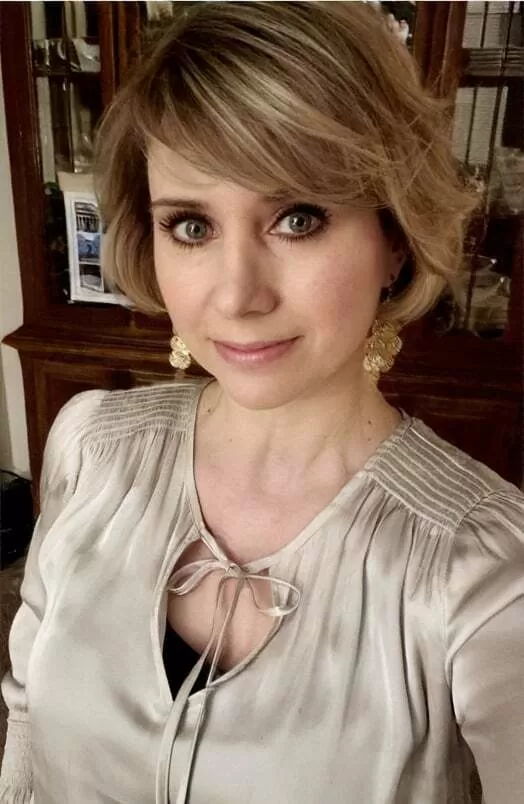The Selfie That Changed Everything: My Journey with Body Dysmorphic Disorder and Finding Love
As I sat across from Jordan on our first date, everything seemed to be going perfectly. We had met on a dating app and had been messaging for a few days before deciding to meet at a popular bar-restaurant in Madison, Wisconsin. He was charming, funny, and had a deep British accent that I found incredibly attractive. I was excited and nervous, but also felt confident and beautiful in my high-waisted black pants, new silver silk top, and carefully applied makeup.
But then, out of nowhere, Jordan made a joke about my appearance. He imitated what he thought I looked like, comparing me to a piranha and a chipmunk. For most people, this might not have been a big deal, but for me – someone with a long history of body dysmorphic disorder (BDD) – it was devastating.
I have struggled with BDD for decades, ever since suffering a mental breakdown at 28. Defined by the Diagnostic and Statistical Manual of Mental Disorders, BDD is an obsessive-compulsive disorder that causes a preoccupation with one or more perceived defects or flaws in physical appearance. It affects an estimated 5 million to 10 million people in the United States and can lead to anxiety, depression, and even suicidal thoughts if left untreated.
My BDD revolves around my face, specifically my nose, jaw, and teeth. Like other mental illnesses, BDD varies in its severity and affects everyone differently. For me, it has been a constant battle, making dating and relationships incredibly difficult.
I met Jordan on a dating site that my daughter had encouraged me to try out. She had noticed that I was spending a lot of time taking selfies with my cats and wanted to make sure I was getting out and meeting new people. With her help, I set up a profile and started swiping through potential dates. Jordan’s profile caught my eye with his handsome looks and charming smile. We messaged for a few days before deciding to meet in person.
As I got ready for our date, my anxiety kicked in, and I started obsessing over my appearance. Dating with BDD had always been excruciating for me, but I was determined to push through and give Jordan a chance. I carefully applied my makeup, trying to draw attention away from the areas of my face that I was most self-conscious about. And before heading out the door, I even took a selfie and posted it on Facebook, feeling surprisingly confident and excited.
But Jordan’s comments about my appearance quickly shattered that confidence. I froze up in shock and felt myself spiraling into a dark place. I had never been on a date with someone who had commented on my BDD focus areas, and I didn’t know how to respond. In an instant, all the pain of my struggle rushed back to me, and I went into flight mode. I ended the date early, telling Jordan that I had an early morning the next day and needed to call it a night.
Looking back, I realize that Jordan was probably just being careless and insensitive with his remarks. He couldn’t have known the weight of his words or the impact they would have on me. But in that moment, staying in his presence was too painful. I ended up cutting off all communication with him and going back to therapy.
That was over a year ago, just two weeks before the country went into lockdown due to the pandemic. With the solitude that quarantine provided, I had time to heal and get my mind back on track. I also had the opportunity to reflect on my struggles with BDD and how it had affected my relationships and dating life.
Now, as the COVID-19 numbers decrease and with summer here, I’ve been thinking about dating again. With so much time alone, I’ve realized how nice it would be to have a companion, a future partner, and love in my life. So, a few weeks ago, I got back on the dating app and recently swiped right on a man named Matt.
Matt is five years younger than me, fit, tattooed, and handsome. He’s a military veteran turned engineer, and our conversations have been sweet and gentlemanly. We’ve made plans to meet for lunch on Sunday, and I’m cautiously optimistic about how it will go. I know that I am not cured of my BDD and that there is no guarantee the



